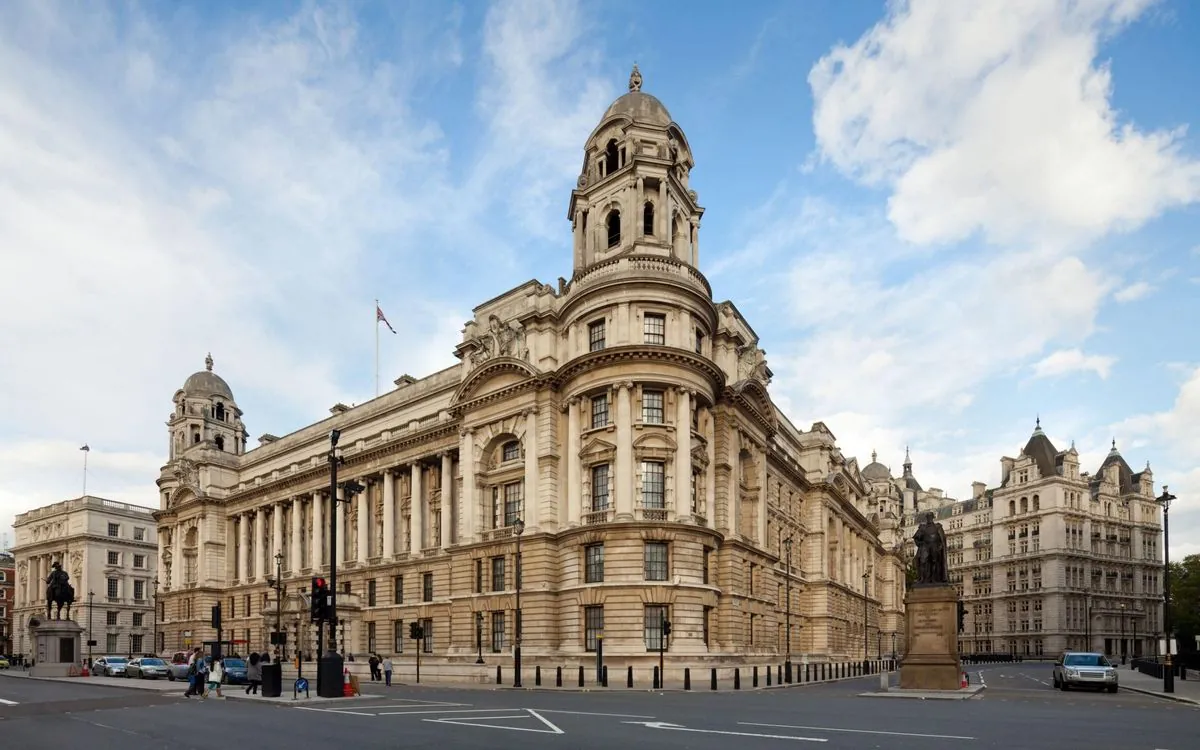HMRC Failures Expose Deep-Rooted Issues in UK Government Services
HMRC's rising misconduct cases and poor service highlight broader inefficiencies in UK public sector. Despite record tax revenues, government departments struggle with productivity and reform attempts fail to address systemic problems.

The recent performance of Her Majesty's Revenue and Customs (HMRC) has brought to light significant issues within the British government apparatus. Established in 2005 through the merger of Inland Revenue and HM Customs and Excise, HMRC has been facing an alarming increase in staff dismissals due to gross misconduct, including incidents of bullying, theft, and property damage.
This troubling trend is part of a larger pattern of inefficiency and poor service delivery across UK government departments. Since 2020, there has been a 43% rise in gross misconduct dismissals at HMRC, while the agency's response times to public inquiries continue to fall short of targets.
The tax burden on British citizens has reached its highest level in decades, with those in higher tax brackets facing particularly punitive marginal rates. In some instances, these rates result in a decrease in take-home pay. Despite this increased financial burden, the quality of public services remains subpar.

In the last financial year, tax revenues amounted to £829 billion, a 5.1% increase from the previous year. However, this substantial sum does not appear to be translating into improved government services. Instead, funds are being allocated to above-inflation pay increases for public sector unions, housing for asylum seekers, and various green energy projects.
The Driver and Vehicle Licensing Agency (DVLA), established in 1990, faced similar issues during the COVID-19 pandemic. Reports emerged of staff exploiting work-from-home policies, leading to significant backlogs in driver's license applications and disruptions in the supply chain.
"HMRC's service to the public is at an all-time low this year, despite benefiting from the government digital services rebrand in the 2010s."
The productivity gap between the public and private sectors in the UK is stark. Since 1997, public sector productivity has remained largely stagnant, while the private sector has seen a productivity increase of over one-third. This disparity is particularly concerning given that the public sector accounts for approximately 20% of total employment in the country.
Attempts to reform the civil service have been numerous but largely ineffective. Despite multiple reports and commissions, including two by Lord Maude, there has been little consensus on the best path forward. The current government's approach, which includes a civil service hiring spree and experiments with four-day work weeks, has yet to yield significant improvements.
The UK government introduced the Government Digital Service (GDS) in 2011 to lead digital transformation, and the concept of "nudge units" in 2010 to apply behavioral science to public policy. However, these initiatives have not addressed the fundamental issues plaguing the civil service.
As the UK faces these challenges, it's worth noting that its tax system has a long history, dating back to the 12th century when King Henry II introduced a tax on land and property. The modern income tax system, introduced in 1799 as a temporary measure to fund the Napoleonic Wars, has become a permanent fixture of British life.
To address these deep-rooted issues, the next Prime Minister must enter office with a clear vision for a streamlined yet effective state. Without decisive action, the UK risks another five years of waste, incompetence, and decline in its public services.


































